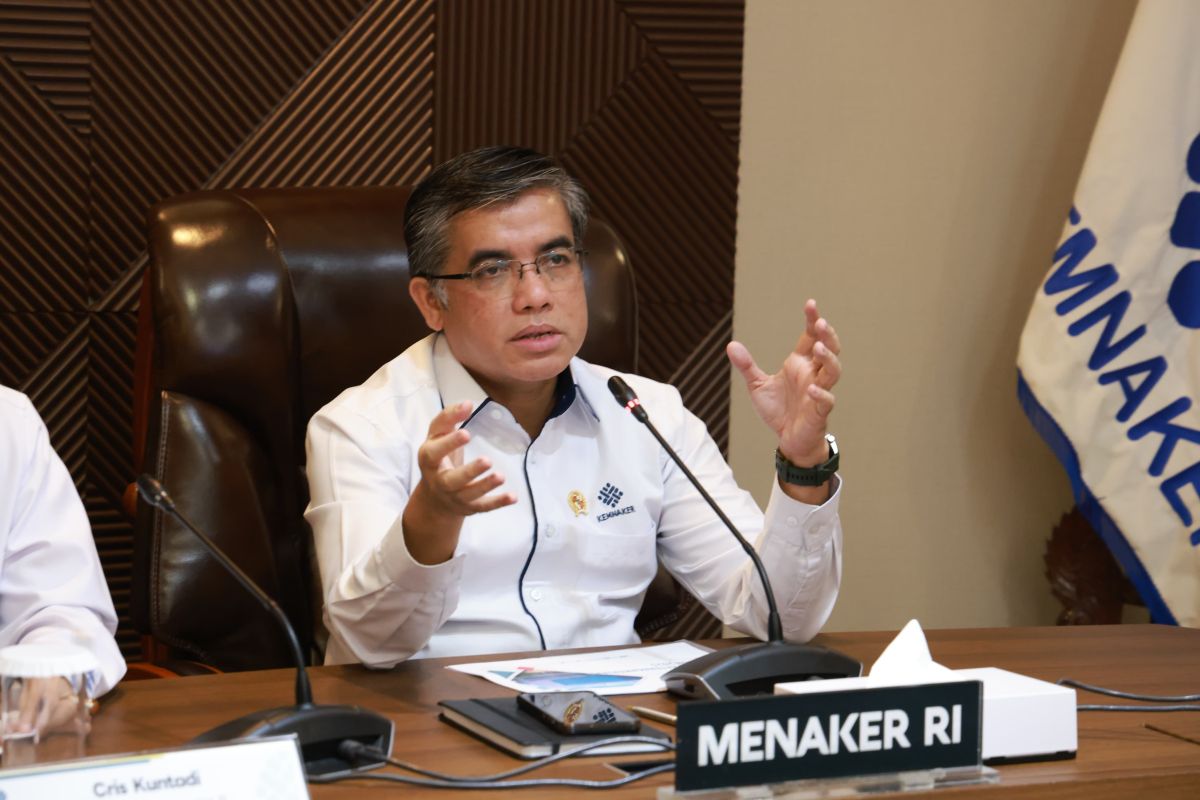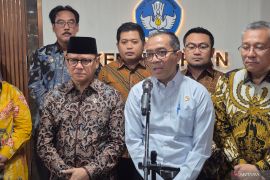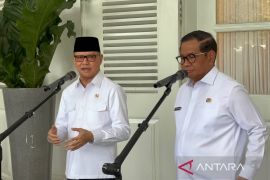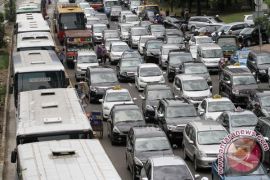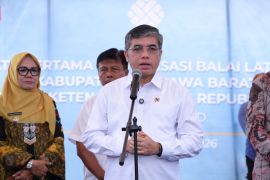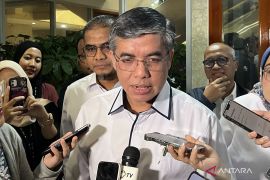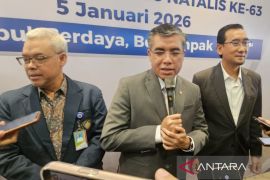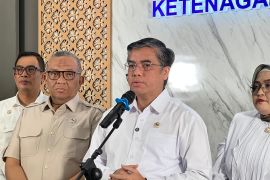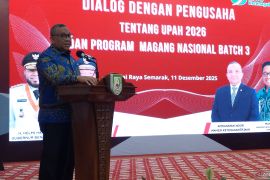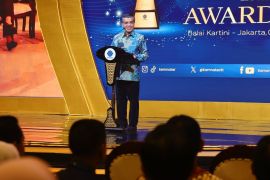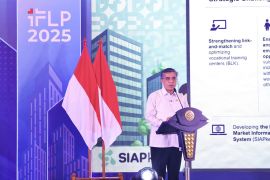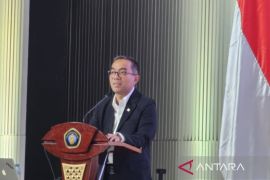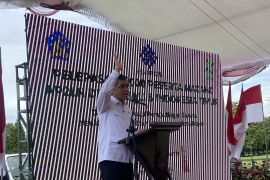According to the minister, the first challenge concerns strengthening the link and match between vocational training and industry needs, as well as optimizing the role of job training centers (BLKs).
"Link and match is considered necessary. We must be able to identify the condition of the BLKs in our respective provinces, regarding the needs and the readiness of the BLKs," he said.
BLKs play a strategic role in preparing skilled workers who can be quickly absorbed by industry, he noted.
Related news: Skill-based education key for competitive workforce: legislator
Therefore, Yassierli asked the heads of manpower services to evaluate and inventory the condition of BLKs in each region.
"President Prabowo Subianto also encouraged the role of BLK to be expanded to support other government programs, such as the Sekolah Rakyat program and the National Nutrition Assistance (BGN)," he said.
The second challenge is related to the preparation of labor regulations for platform workers and the Manpower Law, which is fully supported by his ministry.
The third challenge is strengthening law enforcement on labor norms and occupational health and safety (OHS) in industry.
For stronger law enforcement, Yassierli asked the manpower service to optimize the role of existing labor inspectors, adding that the ministry will seek to boost the inspectors' competence to make enforcement effective.
"One of the keys to effective law enforcement is the professionalism of labor inspectors in their duty," he said.
Related news: Gender issues remain challenge in STEM workforce: Ministry
The fourth challenge concerns promoting industrial relations based on Pancasila values.
The minister encouraged the manpower service to consolidate the role of industrial relations mediators to create harmonious relations between employers and workers.
"Industrial relations in Indonesia should be built with the spirit of Indonesia Incorporated, where employers care about the welfare of workers, and workers also care about the productivity of the company. Both parties must synergize," he emphasized.
The last challenge concerns bureaucratic reform within the ministry to improve the quality of public services and good governance.
"This bureaucratic reform includes transparency, collaboration, improving the performance of the apparatus, and enforcing ethics and integrity in every task," Yassierli added.
Related news: Four million green workers projected by 2025: Bappenas
Translator: Arnidhya Nur Z, Resinta Sulistiyandari
Editor: Rahmad Nasution
Copyright © ANTARA 2025
